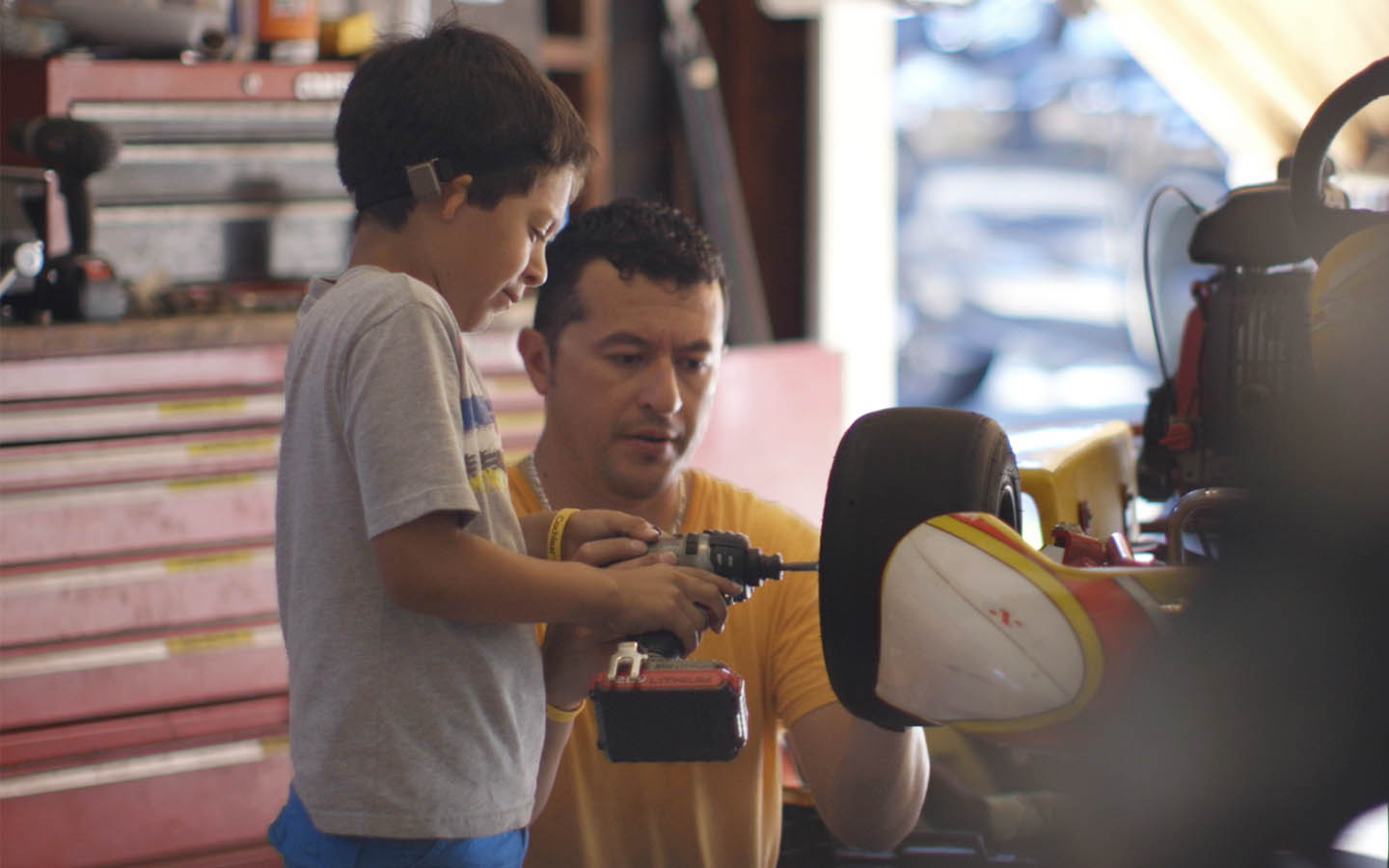Cochlear™ implant candidacy
Cochlear™ implants are small,1 smart and easy to use.2 Learn more about who might benefit from them.

Who might be suitable for a Cochlear implant?
Cochlear® implants are suitable for people of all ages with severe to profound hearing loss.
NICE Guidance for Cochlear Implants
The 2019 NICE guidance (TA566) defines who is eligible for a cochlear implant as follows:
- For people hearing only sounds that are equal to or louder than 80 dBHL at two or more frequencies (500 Hz, 1,000 Hz, 2,000 Hz, 3,000 Hz and 4,000 Hz) bilaterally without acoustic hearing aids.
- For adults, a phoneme score of 50% or less on the Arthur Boothroyd word test presented at 70 dBA (in the best aided condition).
- For children, speech, language and listening skills not appropriate to age, developmental stage and cognitive ability.
Adults and children
You may generally consider cochlear implants for people who:
-
Have severe-to-profound sensorineural hearing loss in both ears.
-
Get limited benefit from hearing aids..
-
Are motivated to attend programming sessions, aural rehabilitation sessions and practice listening in daily communication.
-
Have no medical contraindications.
Children of most ages may benefit from cochlear implants, and there is no upper age limit for cochlear implantation.
Nucleus Implant Reliability Report
High implant reliability means greater patient satisfaction and less risk of additional surgery. When considering a cochlear implant, it's important your patients have access to the latest data on short and long-term reliability, including success and failure rates for adults and children.
Nucleus Implant Reliability Report
1.86 MB | PDF
This material is intended for health professionals. If you are a consumer, please seek advice from your health professional about treatments for hearing loss. Outcomes may vary, and your health professional will advise you about the factors which could affect your outcome. Always read the instructions for use. Not all products are available in all countries. Please contact your local Cochlear representative for product information.
For a full list of Cochlear’s trademarks, please visit our Terms of Use page.
References
- Cochlear Limited. D1190805. CP1000 Processor Size Comparison. 2017, Sept; Data on file.
- Cochlear Limited. D1296247. CLTD 5620 Clinical Evaluation of Nucleus 7 Cochlear Implant System. 2017, Sept; Data on file.




